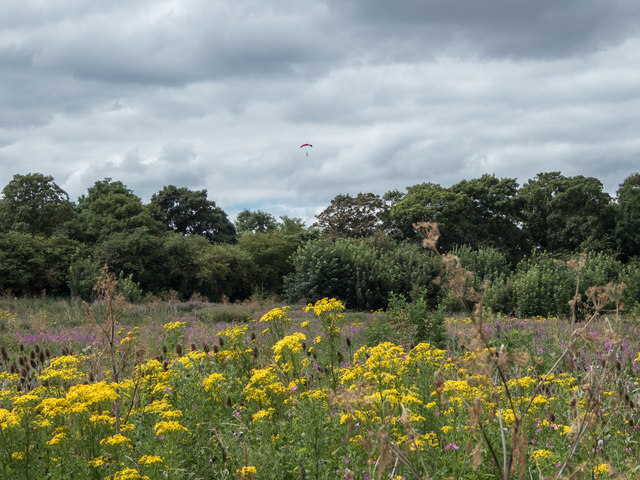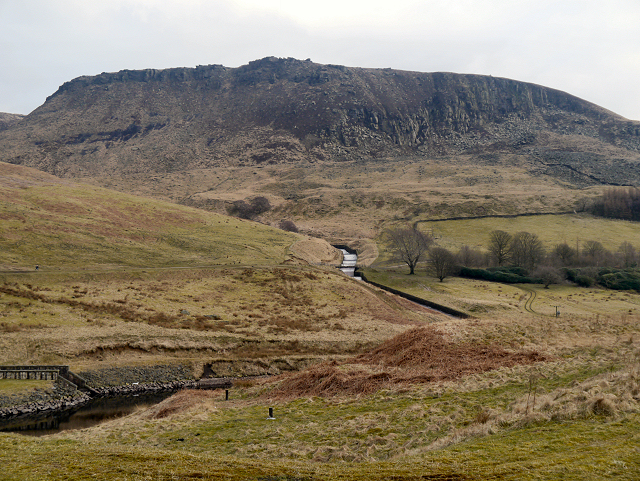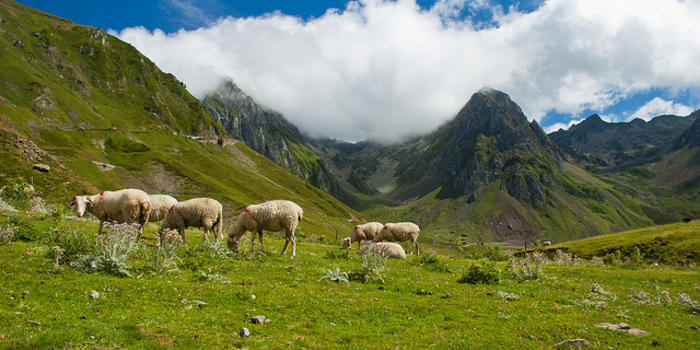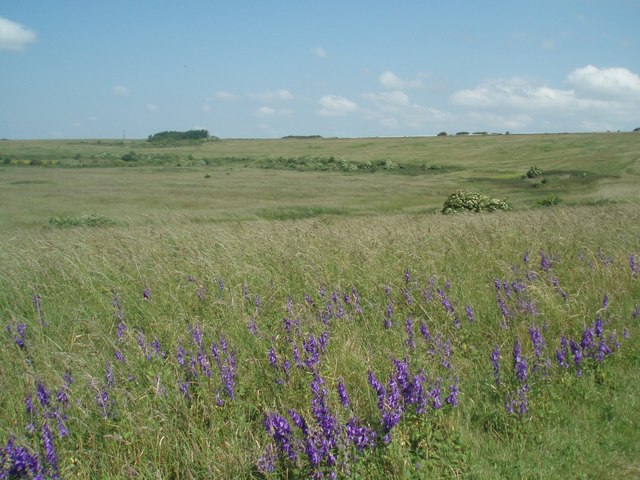This guest post is contributed by Prof. Dr. Rudolf Mögele and Prof. Dr. Martin Scheele. Prof. Dr. Rudolf Mögele is Honorary Professor at the University of Würzburg; previously, he was Deputy Director General at the European Commission, DG Agriculture and Rural Development, responsible for three Directorates (Legal Affairs, Audit and Assurance and Markets). Prof. Dr. Martin Scheele is Honorary Professor at the Thaer-Institute, Humboldt University, Berlin; previously, he was Head of Unit at the European Commission, DG Agriculture and Rural Development, responsible for conception and coherence of Rural Development.
Agri-environmental payments reflecting costs incurred and income forgone
In the discussion on the CAP, more and more attention is given to the importance and functioning of environmental and climate-related payments.… Read the rest





